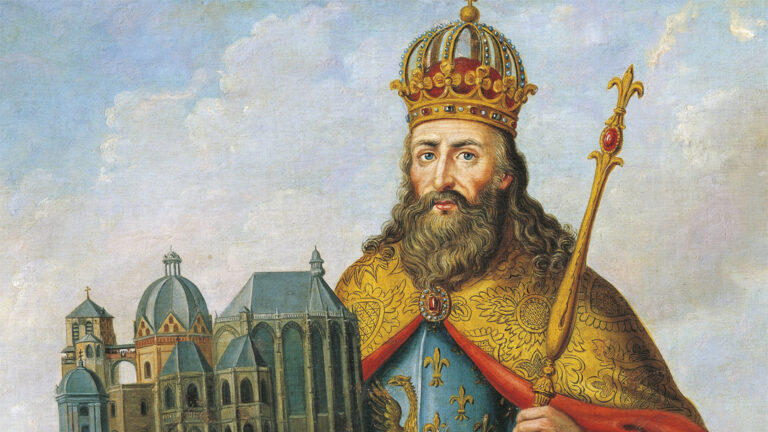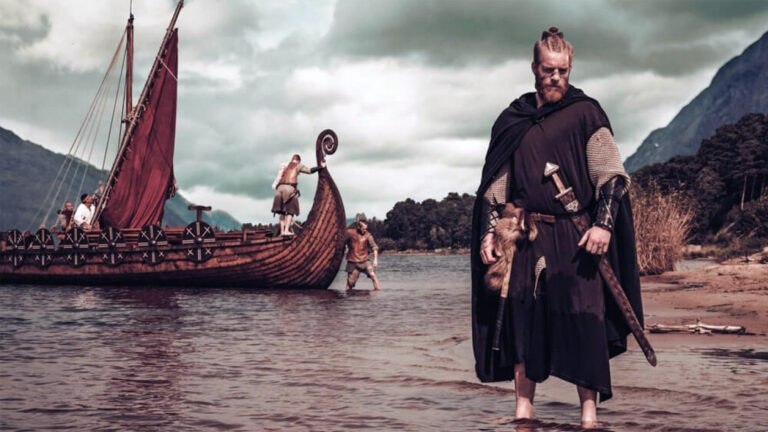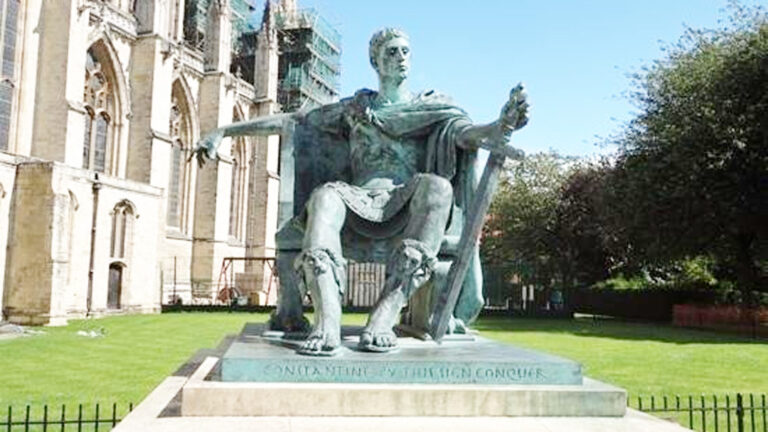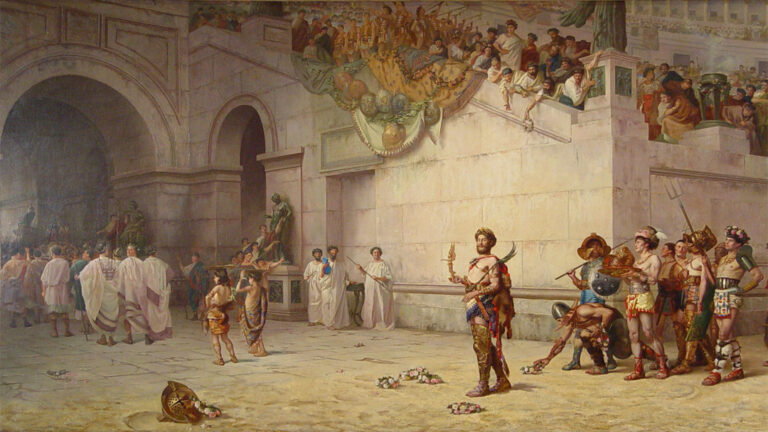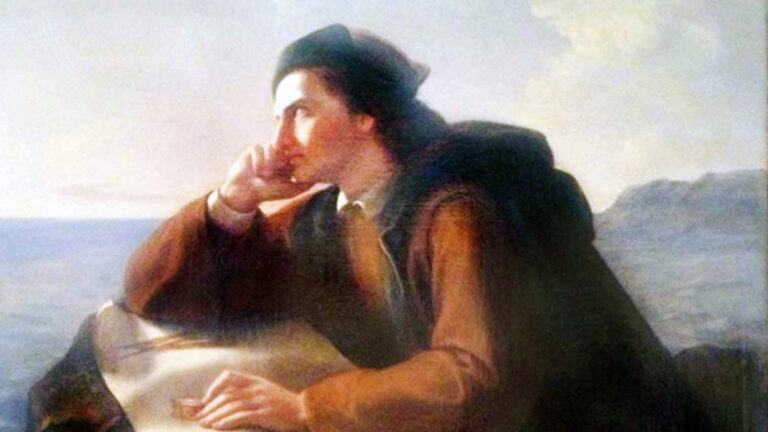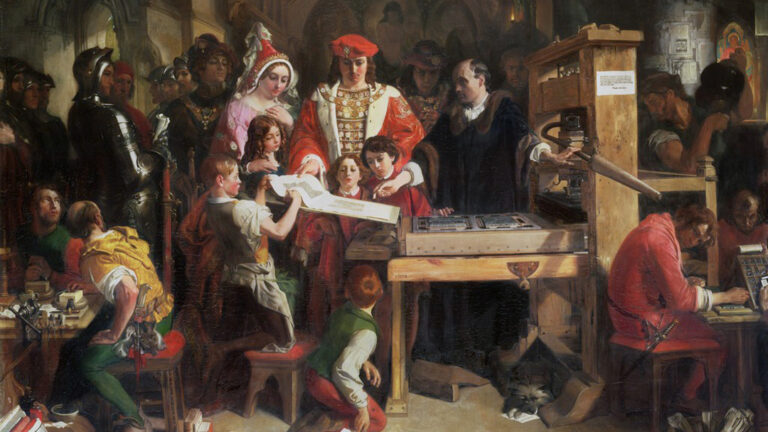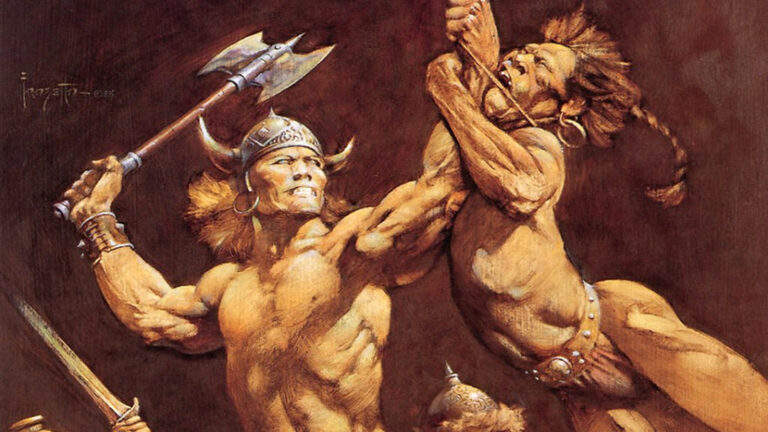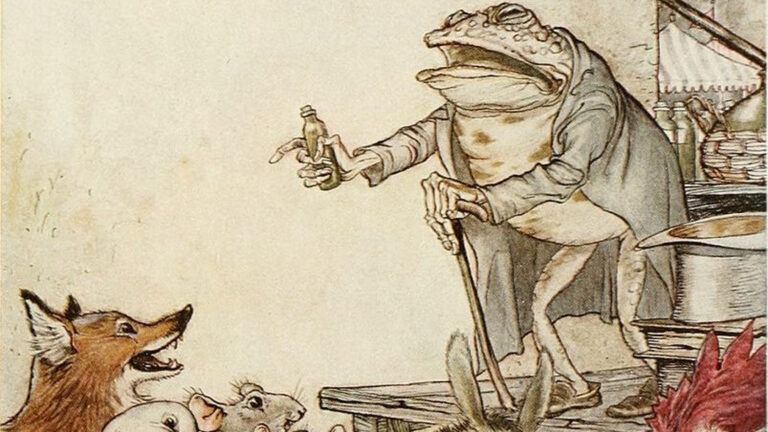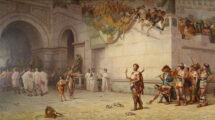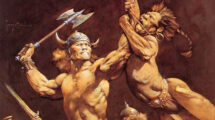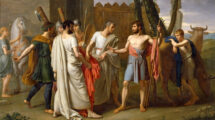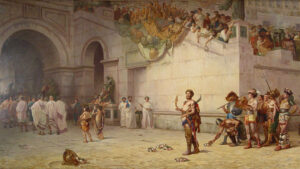Lesson XI: Sagas of the Vikings
Conducting: Opening Remarks/Announcements (Announce that at the end of the meeting we will: (i) sign up new members; (ii) ask for contributions on the website or take up a collection).
Steward: Explanation of Ethical Overlay. The purpose of the Ethical Overlay is to provide an overlay to ethical, moral and religious beliefs in areas of identity, family and heritage, to promulgate ethical and moral policy and to help each individual to become a better person and preserve the environment for future generations. Announcements will be at the end of the meeting.
Congregant: Opening words of Inspiration
Legends of the Vikings are shrouded in mystery, and the records we do have survived in the form of sagas, often written by Icelandic historians in the 12th & 13th centuries about heroes of hundreds of years earlier. The following quotes come from various sagas:
Be warned by another’s woe.
~Njal’s Saga,c.13
No one is a total fool if he knows when to hold his tongue.
~Grettir’s Saga, c.88
Nothing good can happen to people who break their solemn vows.
~The Saga of Hrafnkel Freysgothi, c.6
Better to fight and fall than to live without hope.
~Volsunga, c.12
Steward: We will now have a Moment of Silence for: __(decide locally)___. [about 20 second pause].
Ride of the Valkyries is Richard Wagner’s most recognizable work. It comes from an opera called The Valkyries, the second of four operas in his herculean opera cycle The Ring. Wagner was known for pushing opera to its limits, and The Ring is the largest operatic work ever written. It follows Norse mythology and takes four nights to perform, with one part of the story performed each night until the final opera Twilight of the Gods. Ride of the Valkyries lasts about 5 ½ minutes.
[Play musical selection]Audio Player00:00
00:00
Use Up/Down Arrow keys to increase or decrease volume.
Steward: We will now have a discussion on the following topic:
Discussion: Odin and the search for Wisdom
Early every morning, Odin, the father of all the Gods, sat on his throne in a golden hall of Asgard. With his two wolves at his feet, and his two ravens, Huginn and Muginn, on his shoulders, he surveyed all the nine worlds. As the sun rose, Odin sent Huginn and Muginn out across the universe. The ravens visited the nine worlds, questioning the living and the dead. Then they returned at nightfall and whispered in Odin’s ear all they had seen and heard.
But one day, Odin decided that he had to gain for himself all the world’s wisdom and memory. To achieve this, he had to drink from the magic waters of Mimir’s well. Odin set out from Asgard and traveled to Jotunheim, the land of the frost giants. When he arrived at the magic well, Odin stood before the enormous head of the God Mimir. Though Mimir’s head had been severed from his body in the war between the Aesir and Vanir Gods, he still had great wisdom and memory and the power of speech.
“I must have a drink from your well,” said Odin.
“Indeed?” asked Mimir. “Even a God must sacrifice in exchange for a drink from my waters.”
“Tell me what you wish me to sacrifice,” said Odin.
“You must give me one of your eyes,” said Mimir.
“An eye is a small price to pay for all the wisdom and memory of the nine worlds,” said Odin.
Odin plucked out one eye and gave it to Mimir. In exchange, Mimir gave him a drink from his magic well. And there the eye of Odin stayed, shining up through the water, a sign to all who came to that place of the price the Father of the Gods had paid for the Wisdom of Ages.
Now Odin was pleased to have all the wisdom and memory of the nine worlds. Yet he wished to have more. He wanted to learn the secret runes — mysterious, written symbols that gave one magic powers over nature. Odin knew that the price of great knowledge was great suffering.
The runes’ native home is in the Well of Urd with the Norns, and since the runes do not reveal themselves to any but those who prove themselves worthy of such fearful insights and abilities, Odin hung himself from a branch of Yggdrasil, pierced himself with his spear, and peered downward into the shadowy waters below. He forbade any of the other Gods to grant him the slightest aid, not even a sip of water. And he stared downward, and stared downward, and called to the runes.
He survived in this state, teetering on the precipice that separates the living from the dead, for nine windy days and nights. At the end of the ninth night, he at last perceived shapes in the depths: the runes. They had accepted his sacrifice and shown themselves to him, revealing to him not only their forms, but also the secrets that lie within them. . .
Odin carved the mysterious runes into wood, stone and bone. He carved them into the paw of the bear, the claws of the wolf and the beak of the eagle. Odin later passed on this knowledge to the Goddess Freya. She, in turn, taught him the magic of seidr. Heimdall, the God who guarded the Rainbow Bridge, taught the runes to mankind. The runes were carved into the end of the rainbow. In this way, he passed the runes on to men, so that they, too, could learn the secrets of nature. (from http://nordicwiccan.blogspot.com/2014/06/odins-wisdom.html)
Odin was also known to wander in the mortal realm in disguise as he continued to search for knowledge.
- What does the legend of Odin teach us about the Vikings’ values?
a. What other values do we know they had?
b. How do these values correspond to our own values as individuals, as a community, and as a people? - Why did Odin have to pay such high prices for the knowledge he gained?
- What kind of knowledge/wisdom do we value today?
a. Where do we obtain knowledge? How? What prices do we pay?
b. Are there other sources of knowledge/wisdom we should be seeking? - Historical records of the Vikings are lacking. What do we know?
- Why is it important to study Viking history even when so little of it is verified?
a. What stories have you heard about the Vikings that have taught you something?
Congregant: Closing words of inspiration.
Wisdom is welcome wherever it comes from.
~Bandamanna Saga, c.10
Better to die with honor than live with shame.
~The Saga of the Jomsvikings, c.23
The brave man well shall fight and win, though dull his blade may be.
~Fafnismal 28
Old friends are the last to break away.
~The Saga of Grettir, chapter 82
Extend an invitation/commitment to apply one thing learned this week.
Steward: Take contributions from group made payable to Ethical Overlay. [Take cash, checks, or commitments to pay online].
